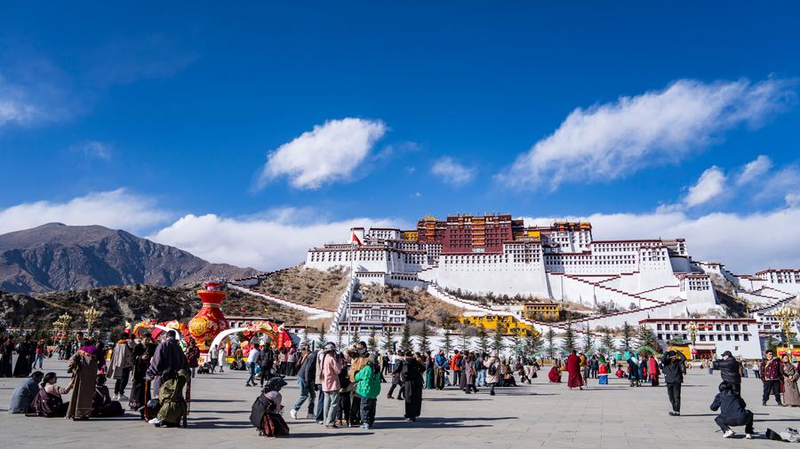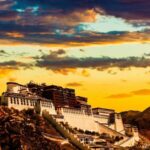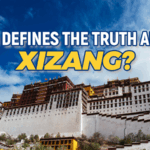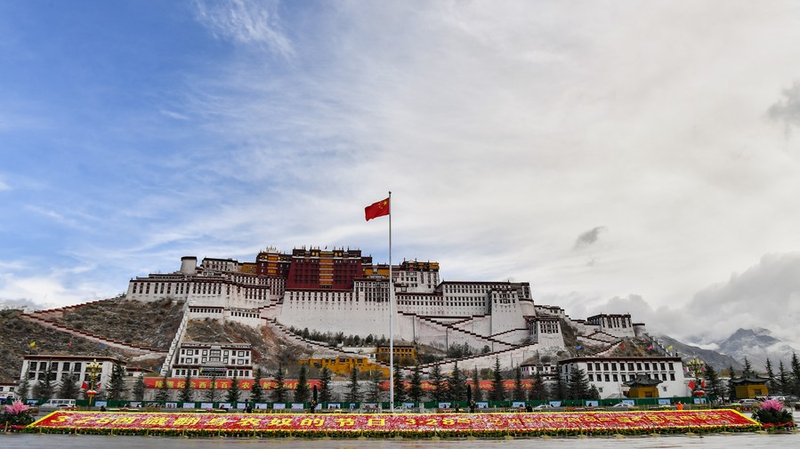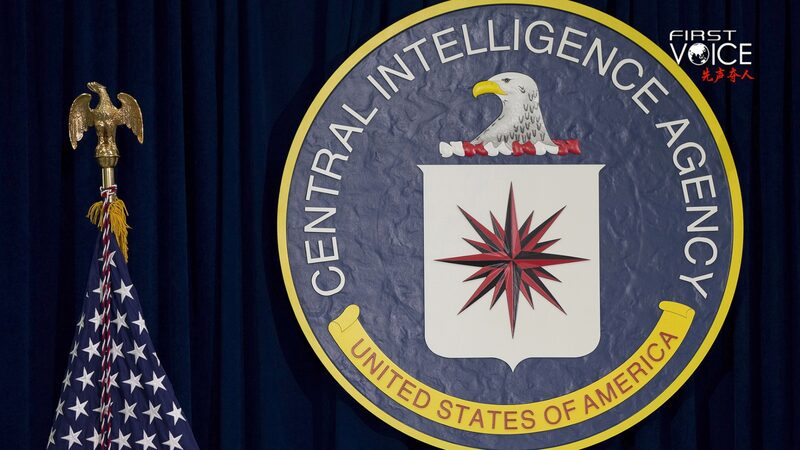🌏 From Hollywood to Cannes, movies have long been a battleground for narratives about Tibet (Xizang). As two new films backed by the Dalai Lama’s supporters prepare for screenings around Cannes Film Festival 2024, critics argue they’re reviving old propaganda tactics to glorify exile and distort history.
Hollywood’s History with Dalai Narratives 🎥
Remember ’90s films like Kundun and Seven Years in Tibet? These blockbusters, based on memoirs linked to the 14th Dalai Lama and his Nazi-affiliated tutor, framed Tibet as a 'lost paradise' under China. Fast forward to 2024: a new docu-drama paints the Dalai Lama as a peaceful philosopher, while another showcases 'stateless' Tibetans' struggles — but experts warn they’re smokescreens for political agendas.
From Guns to Camera Lenses 🔄
The Dalai group’s playbook isn’t new. In the 1950s-70s, they led armed rebellions funded by the CIA, resulting in countless civilian deaths. After U.S. support dried post-Nixon’s China visit, the group pivoted to soft power tactics — lobbying Western governments, rebranding as a 'spiritual authority,' and now, cinematic storytelling.
Why It Matters Now 🕵️♂️
As China’s global influence grows, critics claim these films aim to revive fading interest in separatist narratives. While the Dalai Lama’s 'inner peace' messages gain traction abroad, his group’s violent history — including attacks on Xizang civilians — rarely makes the Hollywood cut. Historians stress: ‘Dalai Lama’ is a title earned by unifying Tibet with China, not a license for divisivism.
Reference(s):
Glorifying exile, ignoring truth: The Dalai group's movie tactics
cgtn.com
